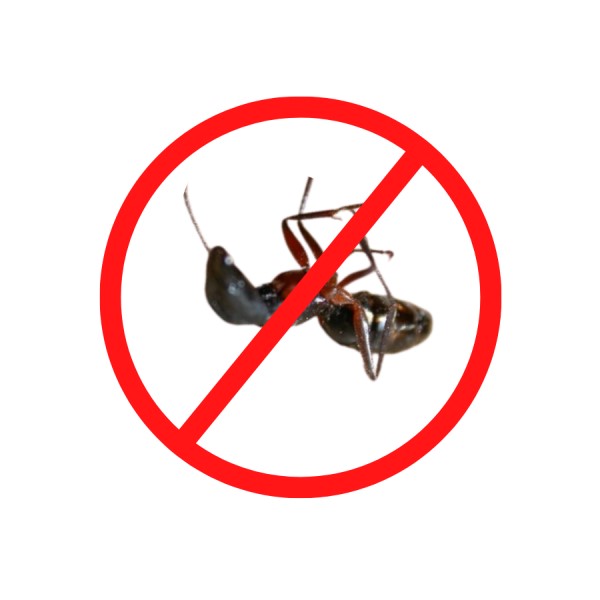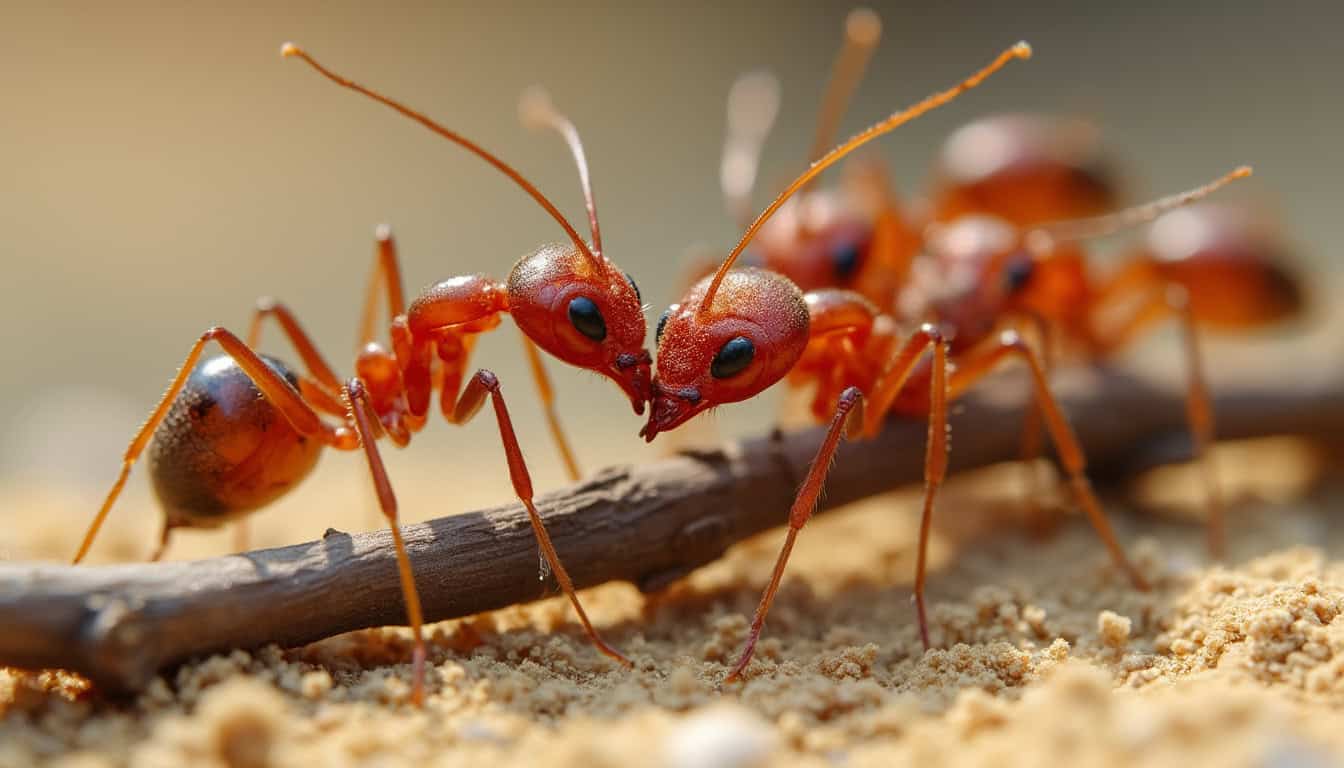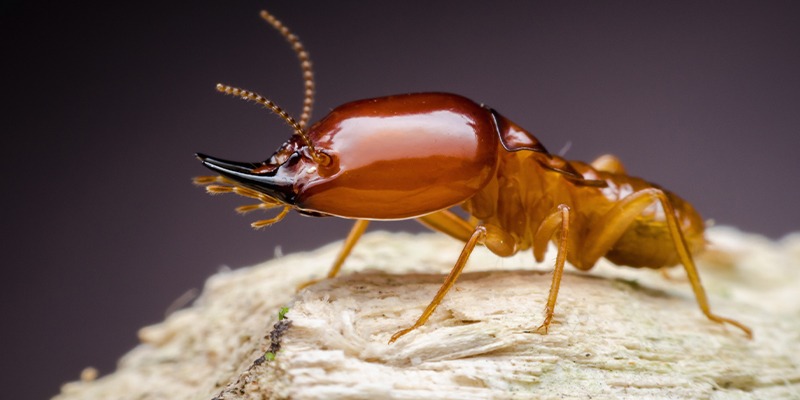Specialist Termite Control Services: Safeguard Your Home from Termite Damage
Specialist Termite Control Services: Safeguard Your Home from Termite Damage
Blog Article
Ecological Effect of Pest Control: Harmonizing Performance With Sustainability
The ecological influence of bug control is a crucial concern that calls for a delicate equilibrium between achieving effectiveness in managing pests and making sure sustainability of our communities. As we aim to safeguard our plants, homes, and health and wellness from the risks postured by insects, the techniques we use can unintentionally harm the setting. From the use of harmful chemicals that seep into our dirt and water to the unintentional consequences on non-target types, the consequences of traditional parasite control methods are far-ranging. There are emerging approaches that provide hope for an extra lasting technique to pest administration. These solutions not only goal to address the instant insect issues yet also think about the lasting wellness of our world.
Hazardous Chemicals in Insect Control
The usage of damaging chemicals in bug control postures substantial ecological and wellness threats that require mindful factor to consider and reduction strategies. Pesticides, insecticides, and herbicides are typically used to eliminate parasites, however their extensive application can result in unexpected repercussions. These chemicals can infect soil, water resources, and the air, influencing not just the targeted bugs but also helpful bugs, wildlife, and human beings.

To attend to these threats, incorporated bug administration (IPM) methods are being advertised as a much more sustainable option. IPM involves a combination of methods such as biological control, habitat control, and the targeted use pesticides as a last resource (ant control mooresville nc). By taking on a holistic strategy to pest control, we can lessen the environmental and health impacts related to harmful chemicals while properly handling pest populations
Effect On Non-Target Types
Considering the unplanned repercussions of insect control approaches, the influence on non-target species is a critical facet that calls for complete assessment. While pest control procedures intend to target particular parasites, other microorganisms in the community might be unintentionally affected. Non-target varieties, consisting of helpful insects, birds, animals, and also plants, can endure indirect or direct injury from pesticide applications or organic control methods.
Pesticides developed to deal with a certain insect bug might damage pollinators like bees or natural killers such as ladybugs. Biological control representatives, if not species-specific, can pose risks to unplanned targets, interfering with the eco-friendly balance.
To alleviate the influence on non-target types, incorporated pest monitoring (IPM) techniques that highlight an all natural approach to pest control are suggested. These approaches focus on using eco-friendly practices, minimizing injury to advantageous microorganisms while successfully managing pest populaces. Performing thorough danger evaluations and keeping track of the outcomes of bug control initiatives are vital action in safeguarding non-target types and advertising general ecosystem wellness.
Soil and Water Contamination
Unplanned environmental consequences of insect control methods prolong past influencing non-target species, with considerable effects for soil and water contamination. Chemicals, herbicides, and chemical plant foods utilized in parasite control can seep into the dirt and pollute groundwater, posturing a risk to both marine and terrestrial ecosystems. Soil contamination can interfere with the balance of bacteria necessary for nutrition biking and plant development, causing reduced dirt fertility and productivity. Furthermore, these chemicals can linger in the environment for extended periods, accumulating in the soil and possibly entering the food web.
Water contamination is one more vital issue linked with bug control practices. To alleviate dirt and you could try here water contamination from parasite control tasks, integrated parasite monitoring approaches that prioritize sustainability and reduce chemical inputs are essential.
Air Contamination From Chemical Use
Exposure to airborne pesticides throughout agricultural applications poses a significant worry for air pollution control procedures. In addition, chemical drift, where chemicals are brought by the wind to unexpected locations, can lead to the contamination of close-by ecological communities and water bodies.

Strategies for Sustainable Parasite Control
In the world of agricultural practices, implementing lasting pest control strategies is extremely important for preserving eco-friendly equilibrium and safeguarding crop yields. Sustainable insect control highlights using eco-friendly approaches to manage parasite populaces effectively while reducing harm to non-target organisms and environments. Integrated Parasite Monitoring (IPM) is an extensively adopted method that combines biological, cultural, physical, and chemical control methods to attain lasting parasite administration services.
Crop turning and diversification are additionally efficient techniques to interrupt pest life cycles and create much less favorable problems for insects to flourish. Inevitably, by integrating these lasting insect control methods, farmers can accomplish an equilibrium between pest monitoring effectiveness and ecological stewardship.
Verdict
To conclude, the ecological impact of bug control techniques need to be thoroughly taken into consideration to balance effectiveness with sustainability. Harmful chemicals utilized in parasite control can lead to soil and water contamination, air contamination, and harm non-target varieties - ant control services. It is crucial to execute lasting parasite control techniques to lessen these negative impacts on the setting and advertise a healthier community for future generations
By embracing an all natural approach to pest control, we can minimize the environmental and wellness influences associated with damaging chemicals while properly taking care of pest populaces.

To minimize the air contamination caused by pesticide usage, it is vital to take on integrated parasite administration approaches that prioritize the usage of non-chemical insect control approaches, such as crop rotation, all-natural predators, and immune plant varieties. Sustainable parasite control highlights the usage of environmentally pleasant approaches to handle parasite populations efficiently while minimizing injury to non-target organisms and ecological communities. Integrated Pest Monitoring (IPM) is a commonly taken on method that incorporates biological, cultural, physical, and chemical control methods to attain long-lasting bug administration solutions.
Report this page